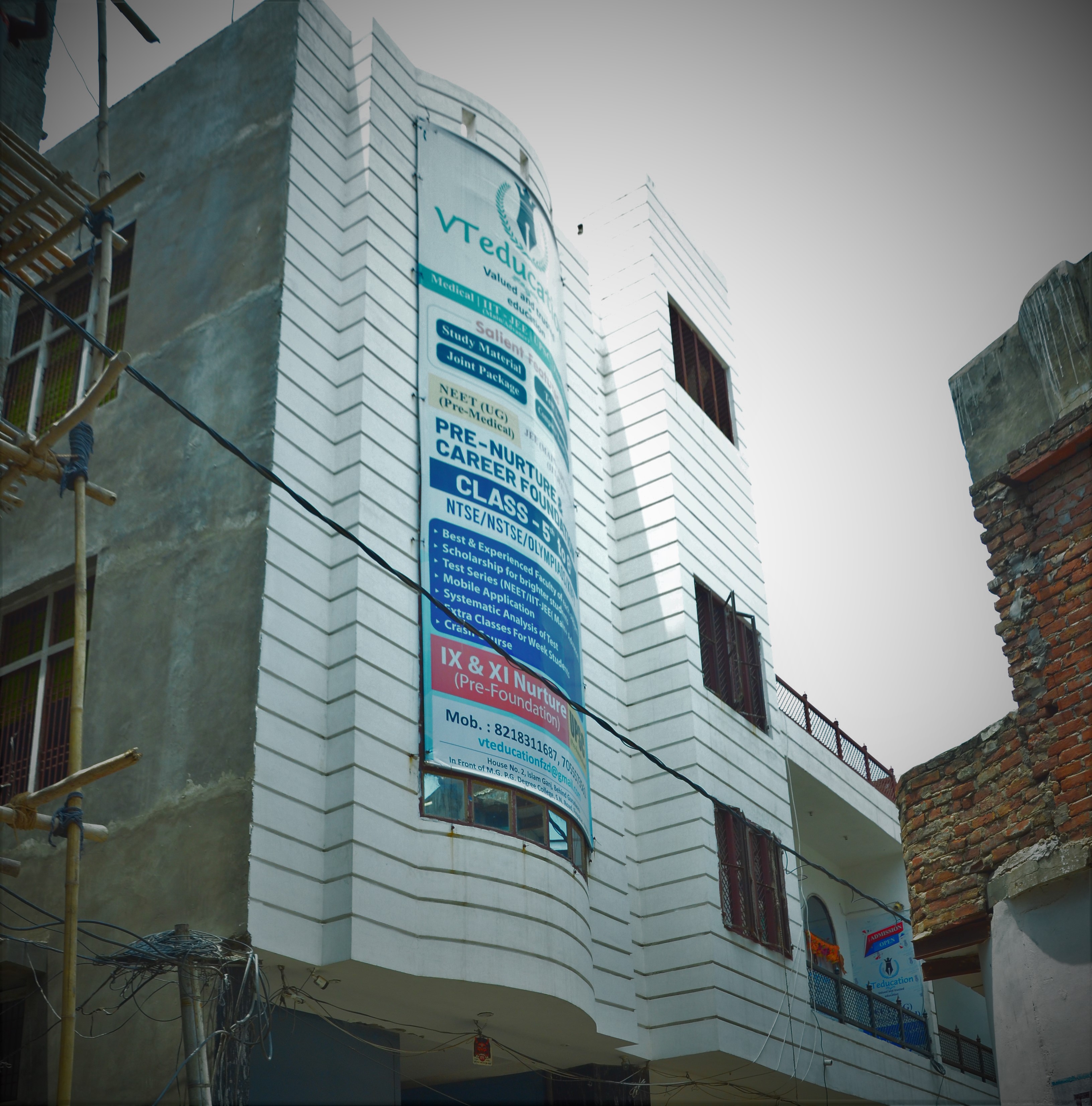
Created by - Tiwar Education
Welcome to VT Education
Welcome to VT Education Unlocking Your Potential for Success!At VT Education, we believe that every student possesses immense potential, waiting to be unleashed and directed towards a bright future. Situated in the heart of Firozabad, our coaching institute has established itself as a beacon of academic excellence, providing top-notch guidance and support to aspirants preparing for IIT-JEE, NEET, UPSC, and CA (commerce) examinations.Why Choose VT Education?Expert Faculty : Our team of experienced and dedicated faculty members comprises subject matter experts who are passionate about mentoring students towards their goals.Comprehensive Curriculum : We have meticulously designed our curriculum to cover all relevant topics, ensuring students gain a strong conceptual foundation and problem-solving skills.State-of-the-Art Infrastructure : VT Education boasts modern classrooms, well-equipped laboratories, and a resourceful library to facilitate a conducive learning environment.Personalized Attention : We believe in recognizing each student's unique strengths and weaknesses, offering personalized attention and support to maximize their potential.Regular Assessments : Periodic assessments and mock tests help students gauge their progress and identify areas that require improvement.Result-Oriented Approach : Our track record of producing successful candidates stands testament to our result-oriented teaching methodology.Our Extensive Range of Services:IIT-JEE Coaching : VT Education provides specialized coaching to help students crack the prestigious IIT-JEE examination, opening doors to top engineering institutes.NEET Coaching : Our NEET coaching program prepares medical aspirants to excel in the competitive NEET examination and secure admission to reputed medical colleges.UPSC Coaching : Aspiring civil servants can avail themselves of our UPSC coaching, which covers all stages of the examination to nurture future bureaucrats.CA (Commerce) Coaching : We offer comprehensive CA coaching for commerce students, enabling them to achieve excellence in this challenging field.Expanding Our Reach:VT Education is committed to empowering students beyond the boundaries of Firozabad. We extend our services to students residing in nearby areas within a radius of 20km. With our satellite centers, we aim to provide access to quality education to aspiring learners far and wide.Join VT Education Today!Whether you dream of engineering excellence, medical triumph, a career in civil services, or a rewarding journey in commerce, VT Education is here to guide you every step of the way. Embrace your potential and embark on a transformative educational journey with us. Let VT Education be your companion in conquering academic milestones and achieving remarkable success.Unlock your potential. Excel with VT Education.Contact us today to book a counseling session and explore how VT Education can shape your path to a brighter future.
More detailsPublished - Tue, 01 Aug 2023
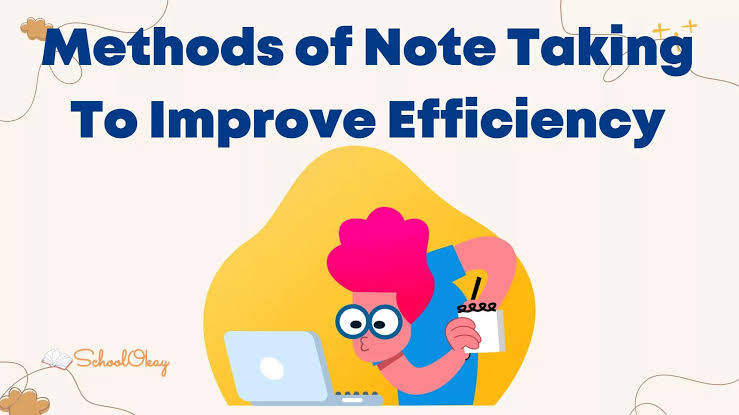
Created by - Tiwar Education
Mastering the Art of Note-Taking
Mastering the Art of Note-takingYour Guide to Effective and Efficient Note-makingIntroductionNote-taking is an essential skill that transcends academic settings and plays a vital role in personal and professional success. Whether you're a student, a professional, or someone who loves to organize thoughts and ideas, mastering the art of note-making can significantly enhance your learning, retention, and productivity. In this blog, we'll explore the best practices to create notes that are concise, organized, and effective, empowering you to get the most out of every piece of information you encounter. 1. Choose the Right ToolsSelecting the right note-taking tools can have a profound impact on the quality of your notes. While traditional pen and paper work well for some, digital alternatives offer various benefits, such as easy organization, searchability, and accessibility across devices. Some popular digital note-taking apps include Evernote, OneNote, Notion, and Google Keep. Experiment with different tools to find the one that suits your preferences and workflow.2. Be SelectiveAvoid the temptation to write down every single word. Instead, focus on capturing key concepts, main ideas, and supporting details. Being selective helps you stay engaged with the content and prevents overwhelming yourself with unnecessary information. Summarize and paraphrase in your own words, as this process aids in better understanding and retention.3. Use a Consistent FormatConsistency is crucial when it comes to note-taking. Develop a system that works for you and stick with it. Use headings, bullet points, numbered lists, or mind maps to organize your notes logically. Adopting a consistent format ensures that you can easily navigate through your notes later on and comprehend the content effortlessly.4. Active Listening and EngagementEffective note-taking begins with active listening and engagement during lectures, meetings, or while reading. Stay present and attentive, ready to capture critical information. Ask questions and participate actively to gain a deeper understanding of the subject matter, which will reflect in the quality of your notes.5. Color-CodingUsing a color-coding system can be a powerful way to highlight and categorize information. Assign specific colors to different topics, themes, or levels of importance. This technique aids in quickly identifying relevant sections, making connections, and enhancing overall comprehension.6. Visual AidsIntegrate visual aids into your notes whenever possible. Draw diagrams, charts, graphs, or mind maps to represent complex ideas visually. Visual elements not only make your notes more appealing but also enhance recall and understanding.7. Review and Revise RegularlyFrequent review and revision of your notes are critical for long-term retention. Set aside dedicated time to go through your notes, clarify any unclear points, and reinforce your understanding. Spaced repetition, a technique that involves reviewing information at gradually increasing intervals, can be particularly effective for retaining information over time.8. Create Summaries and OutlinesAfter completing a study session or reading material, create concise summaries and outlines of the key takeaways. Summarizing the content in your own words reinforces your understanding and helps condense complex information into digestible chunks.9. Incorporate Personal InsightsDon't be afraid to include your personal insights and reflections in your notes. Connecting new information with your existing knowledge and experiences can deepen your understanding and make your notes more meaningful.10. Embrace Technology WiselyWhile digital note-taking offers numerous benefits, it's essential to strike a balance between technology and traditional methods. Sometimes, writing notes by hand can aid in better comprehension and memory retention. Use technology to your advantage, but don't completely forego the benefits of pen and paper. CONCLUSION Effective note-making is a skill that can transform your learning and productivity. By being selective, organized, and engaging actively with the material, you can create notes that serve as valuable resources for future reference. Embrace different tools and techniques to find what works best for you, and remember that consistent practice is the key to mastering the art of note-taking. Happy note-making!
More detailsPublished - Wed, 02 Aug 2023
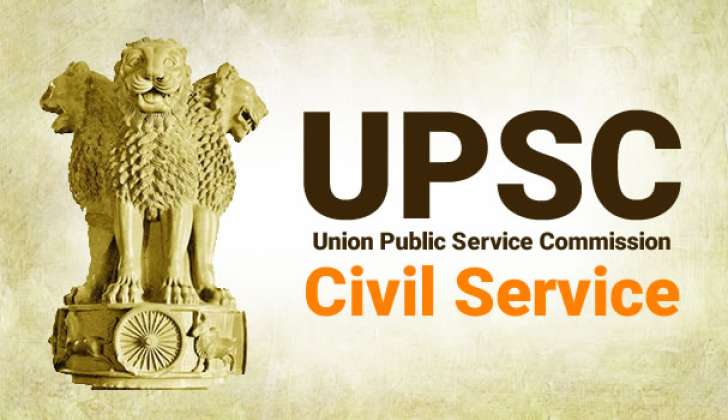
Created by - Tiwar Education
Syllabus For UPSC
PRELIMSPart A—Preliminary Examination Paper I - (200 marks)Duration: Two hoursCurrent events of national and international importance.History of India and Indian National Movement.Indian and World Geography-Physical, Social, Economic Geography of India and the World.Indian Polity and Governance-Constitution, Political System, Panchayati Raj, Public Policy, Rights Issues, etc.Economic and Social Development-Sustainable Development, Poverty, Inclusion, Demographics, Social Sector Initiatives, etc.General issues on Environmental ecology, Bio-diversity and Climate Change – that do not require subject specialization.General Science. Paper II-(200 marks) CSATDuration : Two hoursComprehension;Interpersonal skills including communication skills;Logical reasoning and analytical ability;Decision making and problem solving;General mental ability;Basic numeracy (numbers and their relations, orders of magnitude, etc.) (Class X level),Data interpretation (charts, graphs, tables, data sufficiency etc. — Class X level);. Note 1 : Paper-II of the Civil Services (Preliminary) Examination will be a qualifying paper with minimum qualifying marks fixed at 33%.Note 2 : The questions will be of multiple choice, objective type.Note 3 : It is mandatory for the candidate to appear in both the Papers of Civil Services (Prelim) Examination for the purpose of evaluation. Therefore a candidate will be disqualified in case he/she does not appear in both the papers of Civil Services (Prelim) ExaminationMAINSThe main Examination is intended to assess the overall intellectual traits and depth of understanding of candidates rather than merely the range of their information and memory. The nature and standard of questions in the General Studies papers (Paper II to Paper V) will be such that a well-educated person will be able to answer them without any specialized study. The questions will be such as to test a candidate’s general awareness of a variety of subjects, which will have relevance for a career in Civil Services. The questions are likely to test the candidate’s basic understanding of all relevant issues, and ability to analyze, and take a view on conflicting socio-economic goals, objectives and demands. The candidates must give relevant, meaningful and succinct answers. The scope of the syllabus for optional subject papers (Paper VI and Paper VII) for the examination is broadly of the honours degree level i.e. a level higher than the bachelors’ degree and lower than the masters’ degree. In the case of Engineering, Medical Science and law, the level corresponds to the bachelors’ degree.Syllabi of the papers included in the scheme of Civil Services (Main) Examination are given as follows :—Qualifying Papers on Indian Language and EnglishThe aim of the paper is to test the candidates’ ability to read and understand serious discursive prose, and to express ideas clearly and correctly, in English and Indian language concerned. The pattern of questions would be broadly as follows :(i) Comprehension of given passages.(ii) Precise Writing.(iii) Usage and Vocabulary.(iv) Short Essays.Indian Languages :—(i) comprehension of given passages.(ii) Precise Writing.(iii) Usage and Vocabulary.(iv) Short Essays.(v) Translation from English to the Indian Language and vice-versa.Note 1 : The papers on Indian Languages and English will be of Matriculation or equivalent standard and will be of qualifying nature only. The marks obtained in these papers will not be counted for ranking.Note 2 : The candidates will have to answer the English and Indian Languages papers in English and the respective Indian language (except where translation is involved).PAPER-I Essay :Candidates may be required to write essays on multiple topics. They will be expected to keep closely to the subject of the essay to arrange their ideas in orderly fashion, and to write concisely. Credit will be given for effective and exact expression.PAPER-II General Studies-I:Indian Heritage and Culture, History and Geography of the World and Society.Indian culture will cover the salient aspects of Art Forms, literature and Architecture from ancient to modern times.Modern Indian history from about the middle of the eighteenth century until the present- significant events, personalities, issues.The Freedom Struggle — its various stages and important contributors/contributions from different parts of the country.Post-independence consolidation and reorganization within the country.History of the world will include events from 18th century such as industrial revolution, world wars, redrawal of national boundaries, colonization, decolonization, political philosophies like communism, capitalism, socialism etc.— their forms and effect on the society.Salient features of Indian Society, Diversity of India.Role of women and women’s organization, population and associated issues, poverty and developmental issues, urbanization, their problems and their remedies.Effects of globalization on Indian society.Social empowerment, communalism, regionalism & secularism.Salient features of world’s physical geography.Distribution of key natural resources across the world (including South Asia and the Indian subcontinent); factors responsible for the location of primary, secondary, and tertiary sector industries in various parts of the world (including India).Important Geophysical phenomena such as earthquakes, Tsunami, Volcanic activity, cyclone etc., geographical features and their location-changes in critical geographical features (including water-bodies and ice-caps) and in flora and fauna and the effects of such changes.PAPER-III General Studies- II: Governance, Constitution, Polity, Social Justice and International relationsIndian Constitution—historical underpinnings, evolution, features, amendments, significant provisions and basic structure.Functions and responsibilities of the Union and the States, issues and challenges pertaining to the federal structure, devolution of powers and finances up to local levels and challenges therein. Separation of powers between various organs dispute redressal mechanisms and institutions.Comparison of the Indian constitutional scheme with that of other countries.Parliament and State legislatures—structure, functioning, conduct of business, powers & privileges and issues arising out of these.Structure, organization and functioning of the Executive and the Judiciary—Ministries and Departments of the Government; pressure groups and formal/informal associations and their role in the PolitySalient features of the Representation of People’s Act.Appointment to various Constitutional posts, powers, functions and responsibilities of various Constitutional Bodies.Statutory, regulatory and various quasi-judicial bodies.Government policies and interventions for development in various sectors and issues arising out of their design and implementation. Development processes and the development industry —the role of NGOs, SHGs, various groups and associations, donors, charities, institutional and other stakeholders.Welfare schemes for vulnerable sections of the population by the Centre and States and the performance of these schemes; mechanisms, laws, institutions and Bodies constituted for the protection and betterment of these vulnerable sections.Issues relating to development and management of Social Sector/Services relating to Health, Education, Human Resources.Issues relating to poverty and hunger.Important aspects of governance, transparency and accountability, e-governance- applications, models, successes, limitations, and potential; citizens charters, transparency & accountability and institutional and other measures.Role of civil services in a democracy.India and its neighborhood- relations.Bilateral, regional and global groupings and agreements involving India and/or affecting India’s interests.Effect of policies and politics of developed and developing countries on India’s interests, Indian diaspora.Important International institutions, agencies and fora- their structure, mandate. PAPER-IV General Studies-III: Technology, Economic Development, Bio diversity, Environment, Security and Disaster ManagementIndian Economy and issues relating to planning, mobilization, of resources, growth, development and employment.Inclusive growth and issues arising from it.Government Budgeting.Major crops-cropping patterns in various parts of the country, – different types of irrigation and irrigation systems storage, transport and marketing of agricultural produce and issues and related constraints; e-technology in the aid of farmers. Issues related to direct and indirect farm subsidies and minimum support prices; Public Distribution System- objectives, functioning, limitations, revamping; issues of buffer stocks and food security; Technology missions; economics of animal-rearing. Food processing and related industries in India- scope’ and significance, location, upstream and downstream requirements, supply chain management.Land reforms in India.Effects of liberalization on the economy, changes in industrial policy and their effects on industrial growth.Infrastructure: Energy, Ports, Roads, Airports, Railways etc.Investment models.Science and Technology- developments and their applications and effects in everyday life.Achievements of Indians in science & technology; indigenization of technology and developing new technology.Awareness in the fields of IT, Space, Computers, robotics, nano-technology, bio-technology and issues relating to intellectual property rights.Conservation, environmental pollution and degradation, environmental impact assessment.Disaster and disaster management.Linkages between development and spread of extremism.Role of external state and non-state actors in creating challenges to internal security.Challenges to internal security through communication networks, role of media and social networking sites in internal security challenges, basics of cyber security; money-laundering and its prevention.Security challenges and their management in border areas – linkages of organized crime with terrorism.Various Security forces and agencies and their mandate.PAPER-V General Studies- IV: Ethics, Integrity and AptitudeThis paper will include questions to test the candidates’ attitude and approach to issues relating to integrity, probity in public life and his problem solving approach to various issues and conflicts faced by him in dealing with society. Questions may utilise the case study approach to determine these aspects. The following broad areas will be covered Ethics and Human Interface: Essence, determinants and consequences of Ethics in-human actions; dimensions of ethics; ethics – in private and public relationships. Human Values – lessons from the lives and teachings of great leaders, reformers and administrators; role of family society and educational institutions in inculcating values.Attitude: content, structure, function; its influence and relation with thought and behaviour; moral and political attitudes; social influence and persuasion.Aptitude and foundational values for Civil Service, integrity, impartiality and non-partisanship, objectivity, dedication to public service, empathy, tolerance and compassion towards the weaker-sections.Emotional intelligence-concepts, and their utilities and application in administration and governance. Contributions of moral thinkers and philosophers from India and world.Public/Civil service values and Ethics in Public administration: Status and problems; ethical concerns and dilemmas in government and private institutions; laws, rules, regulations and conscience as sources of ethical guidance; accountability and ethical governance; strengthening of ethical and moral values in governance; ethical issues in international relations and funding; corporate governance.Probity in Governance: Concept of public service; Philosophical basis of governance and probity; Information sharing and transparency in government, Right to Information, Codes of Ethics, Codes of Conduct, Citizen’s Charters, Work culture, Quality of service delivery, Utilization of public funds, challenges of corruption.Case Studies on above issues.
More detailsPublished - Mon, 07 Aug 2023
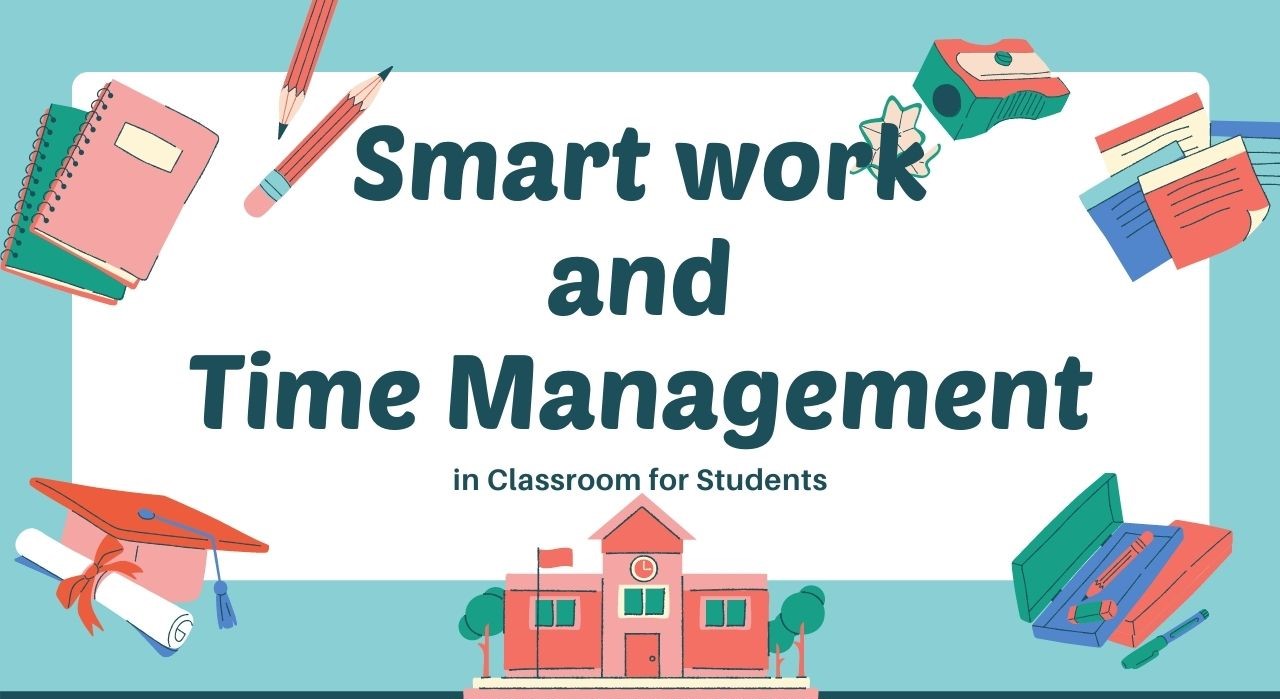
Created by - Tiwar Education
Smart Work For Students
Smart Work for Students1. Effective Time Management: -Planning your study sessions ahead of time, allocating particular period of each subject, and sticking to a time table. Use ways to stay focused and avoid burnout.2. Active learning:- Actively engaged with the subject by summariziny, paraphrasing or teaching principles to others. This improves comprehension and retention.3. Use Of Technology: - For research note-taking and collaborative work, use educational apps, internet resources, and digital tools. Technology can help to simply chores and give a variety of learning possibilities.4. Effective Note-Taking: - Use strategies such as thought mapping, the Cornell methods or digital note-taking platforms to create short and organised notes. This helps with comprehension and revision.5. Collaborative Learning: - Participate in group discussion, study sessions,0r online forums to exchange doubts, clear ideas and obtain new insights on topics.6. Seeking Help: - Do not be afraid to seek help from teachers, peers, or mentors when necessary. Early clarification of doubts prevents misunderstandings from snowballing.7. Continuous Feedback: - Evaluate your progress regularly and alter your techniques as needed. Consider what is working and what needs to be improved.8. Real-World Application: - To increase knowledge and make learning more meaningful, relate academic concept to real world events.9. Adaptability And Flexibility: - Be willing to change your study methods in response to feedback and changing circumstances. Thank you everyone. Best wishes for the good week ahead.
More detailsPublished - Sat, 02 Sep 2023
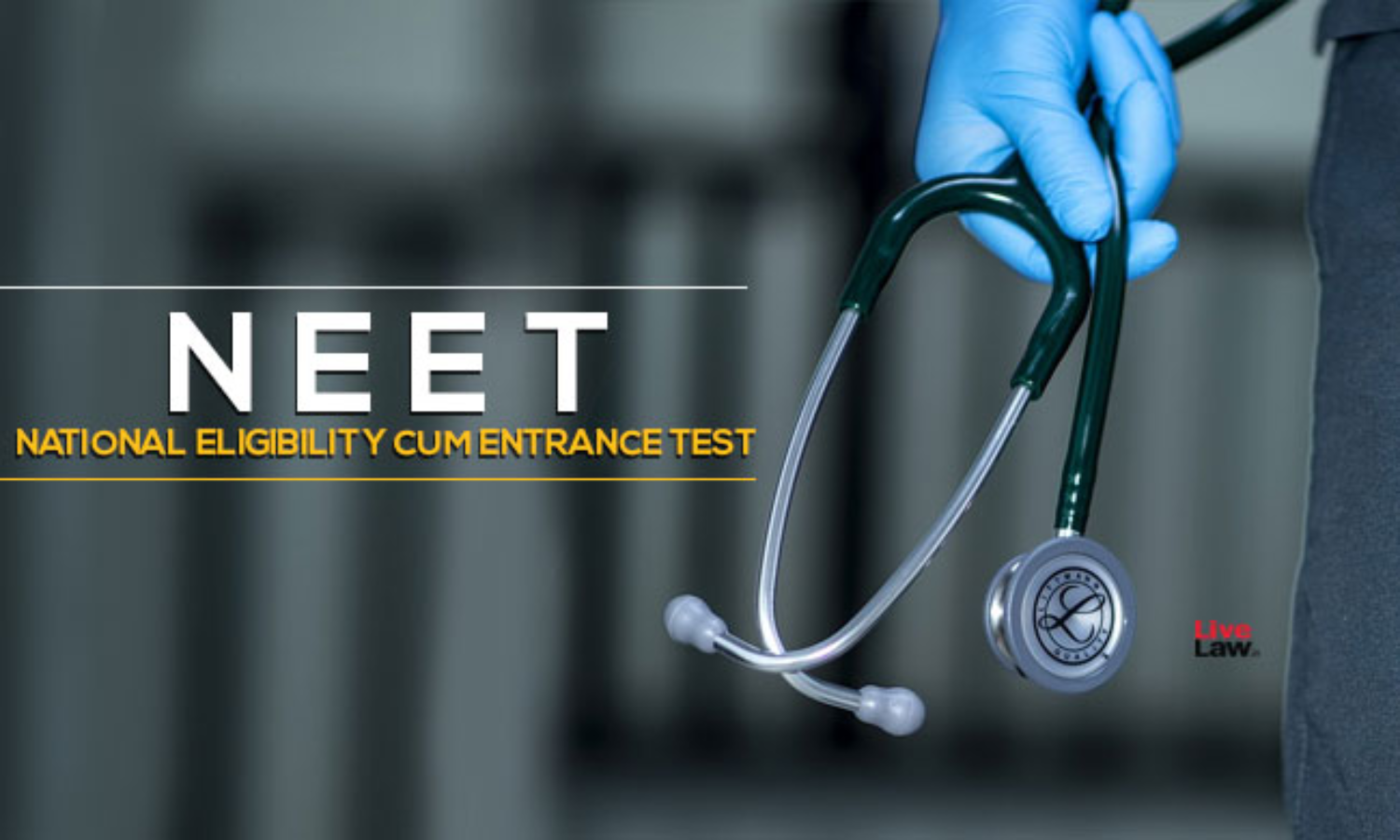
Created by - Tiwar Education
Navigating the NEET: Your Ultimate Guide to Success
National Eligibility cum Entrance Test The exam covers the topic from physics, chemistry, botany and zoology. Candidates appearing for NEET shall prepare thoroughly in order to secure a good score. The duration of the paper is 3 hours. Each correct answer attracts 3 marks and 1 mark is deducted for each wrong answer. The National Eligibility cum Entrance Test (NEET) is one of India's most challenging and prestigious competitive exams. Conducted by the National Testing Agency (NTA), NEET serves as the gateway for aspiring medical and dental students to secure admissions to undergraduate courses in various medical colleges across the country. NEET is more than just an examination; it's a life-changing opportunity. Here are some reasons why it holds immense significanceStandardized Admissions: NEET ensures a level playing field for all medical aspirants by standardizing the admissions process. It replaces multiple state-level and institution-specific exams, making it easier for students to apply to colleges across the nation. Quality Education: Clearing NEET opens doors to some of the best medical colleges in India, renowned for their academic excellence and world-class faculty.Career Prospects: A degree from a prestigious medical institution can boost your career prospects, whether you aspire to be a doctor, dentist, or any other healthcare profession.Social Impact: The medical profession allows individuals to make a profound impact on society by saving lives and improving the health of communities. Courses: - NEET is held for admission to MBBS and BDS courses in India.Passing Mark:- For general category: - 720-130 For SC/ST/OBC category: -137-108 For the general PWD category: - 137-122 For SC/ST/OBC PWD category: -121-108Is 12th Important: - Class 12th boards marks are not conducted in calculating your NEET score, but they are needed to help you appear for the exam.Duration: -The duration of MBBS is 5.5 years (4.5 academic course duration + 1 year internship).How Many Times You Can Attempt NEET: -According to the national testing agency rules, students have no limit on the number of attempt in NEET.FOR MORE DETAIL ABOUT SYLLABUS CLICK HERE
More detailsPublished - Mon, 04 Sep 2023
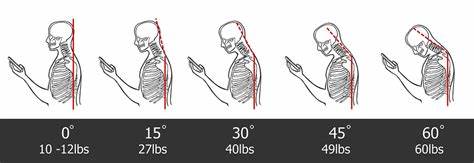
Created by - Tiwar Education
"Stressed Out: Unpacking the Impact of Forward Head Posture on Your Well-Being"
Forward head posture (FHP), also known as anterior head carriage or "text neck," is a common postural issue that occurs when the head is positioned in front of the shoulders, rather than being aligned with the spine. This posture is often associated with prolonged periods of looking down at screens, such as smartphones and computers. Forward head posture (FHP) places significant stress on the body:Muscular Strain :-Overworks neck and back muscles, leading to discomfort.Spinal Misalignment :-Alters spine curvature, causing issues like kyphosis.Nerve Pressure :-Can compress neck nerves, causing numbness and pain.Respiratory Issues :- Restricts lung capacity, impacting breathing.Headaches :- Contributes to tension headaches and migraines.Emotional Impact :-Chronic pain can lead to stress and anxiety.Reduced Range of Motion :-Limits neck and shoulder movement.Poor Posture Habits :- Reinforces bad posture.Aesthetic Concerns :-Affects appearance and confidenceIn summary, forward head posture can exert a significant amount of stress on the body, affecting muscles, the spine, nerves, and overall well-being. It is essential to be aware of your posture and take steps to address FHP through exercises, ergonomic adjustments, and lifestyle changes to prevent or alleviate these negative effects. Regular physical activity, stretching, and maintaining good posture habits can go a long way in mitigating the stress associated with forward head posture.
More detailsPublished - Thu, 05 Oct 2023
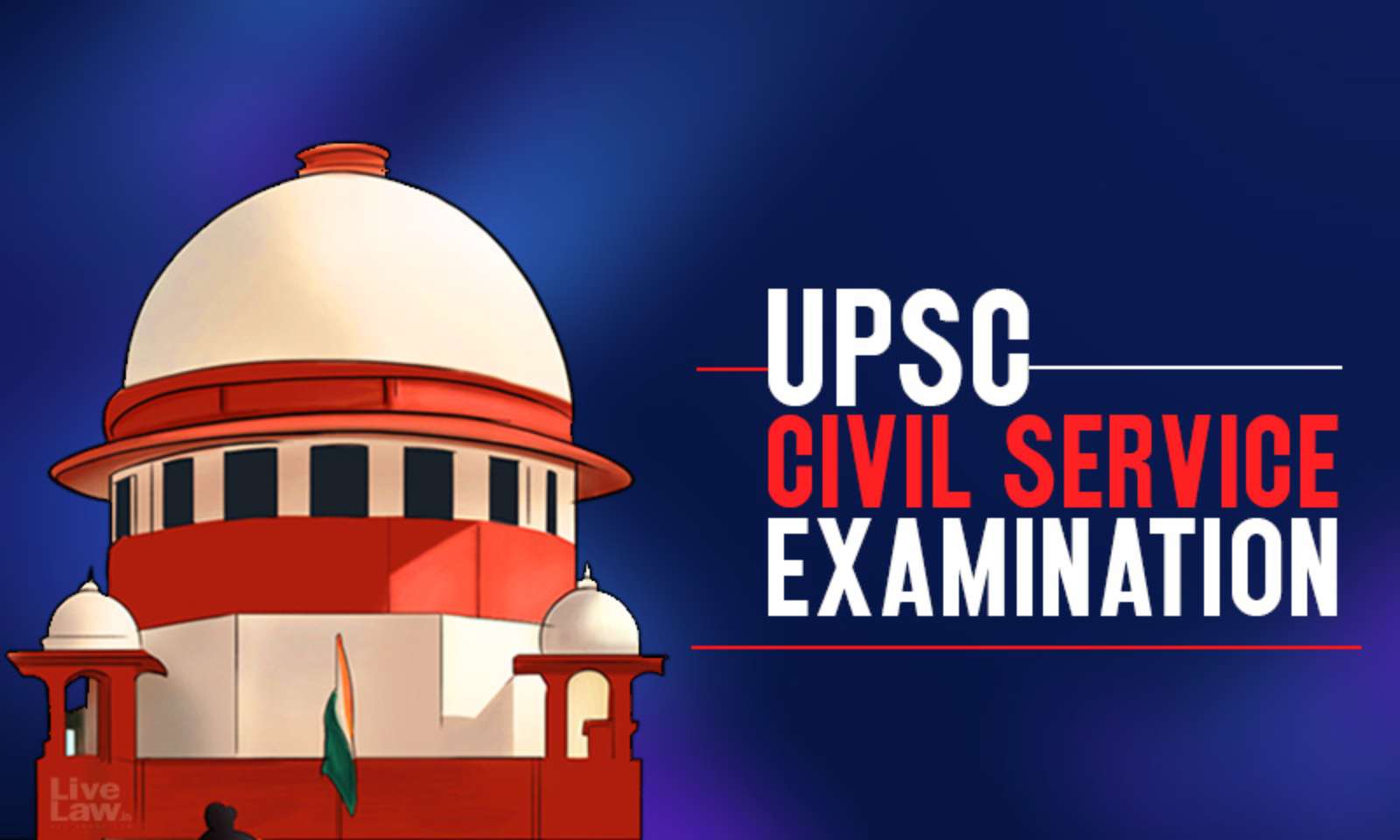
Created by - Tiwar Education
"Cracking UPSC: A Roadmap to Success"
Cracking the UPSC (Union Public Service Commission) examination is a monumental achievement and requires a well-structured roadmap to success. VT Education is committed to providing guidance and support for aspirants on this challenging journey. Here's a detailed description of how to navigate the UPSC exam successfully:1. Understanding the UPSC Exam :-UPSC conducts three stages of examinations: Prelims, Mains, and the Personality Test (Interview).The Preliminary examination consists of two objective-type papers: General Studies Paper-I and General Studies Paper-II (CSAT).The Mains examination consists of nine papers, including Essay, GS-I, GS-II, GS-III, GS-IV, and optional subjects.The Personality Test is the final stage, where candidates are interviewed by a panel of expert2. Choose the right optional subject :-3. Access comprehensive study material :-4. Follow a structural study plan
More detailsPublished - Fri, 06 Oct 2023
Search
Popular categories
Book and writing blogs
4Information
3Latest blogs
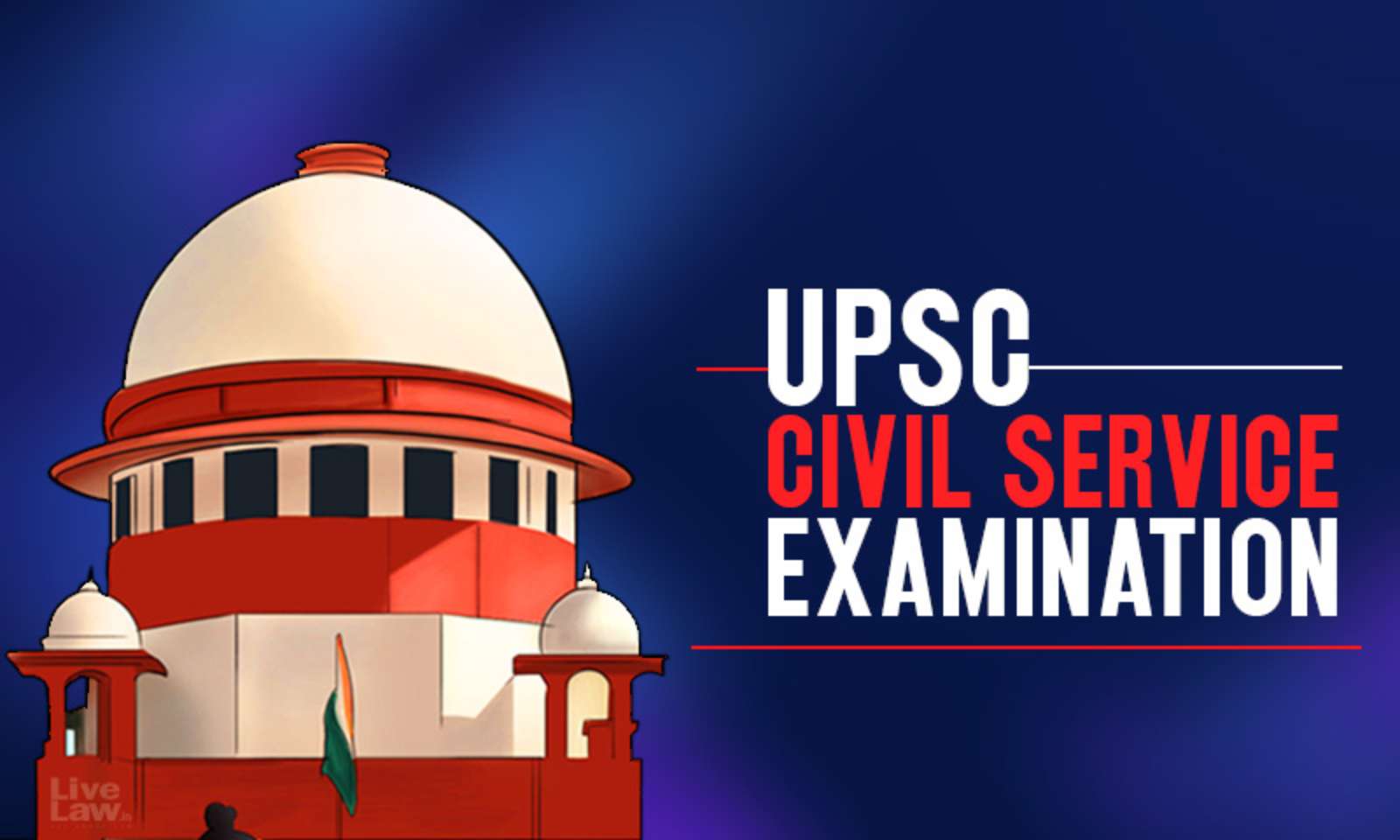
"Cracking UPSC: A Roadmap to Success"
Fri, 06 Oct 2023
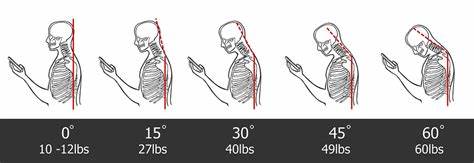
"Stressed Out: Unpacking the Impact of Forward Head Posture on Your Well-Being"
Thu, 05 Oct 2023
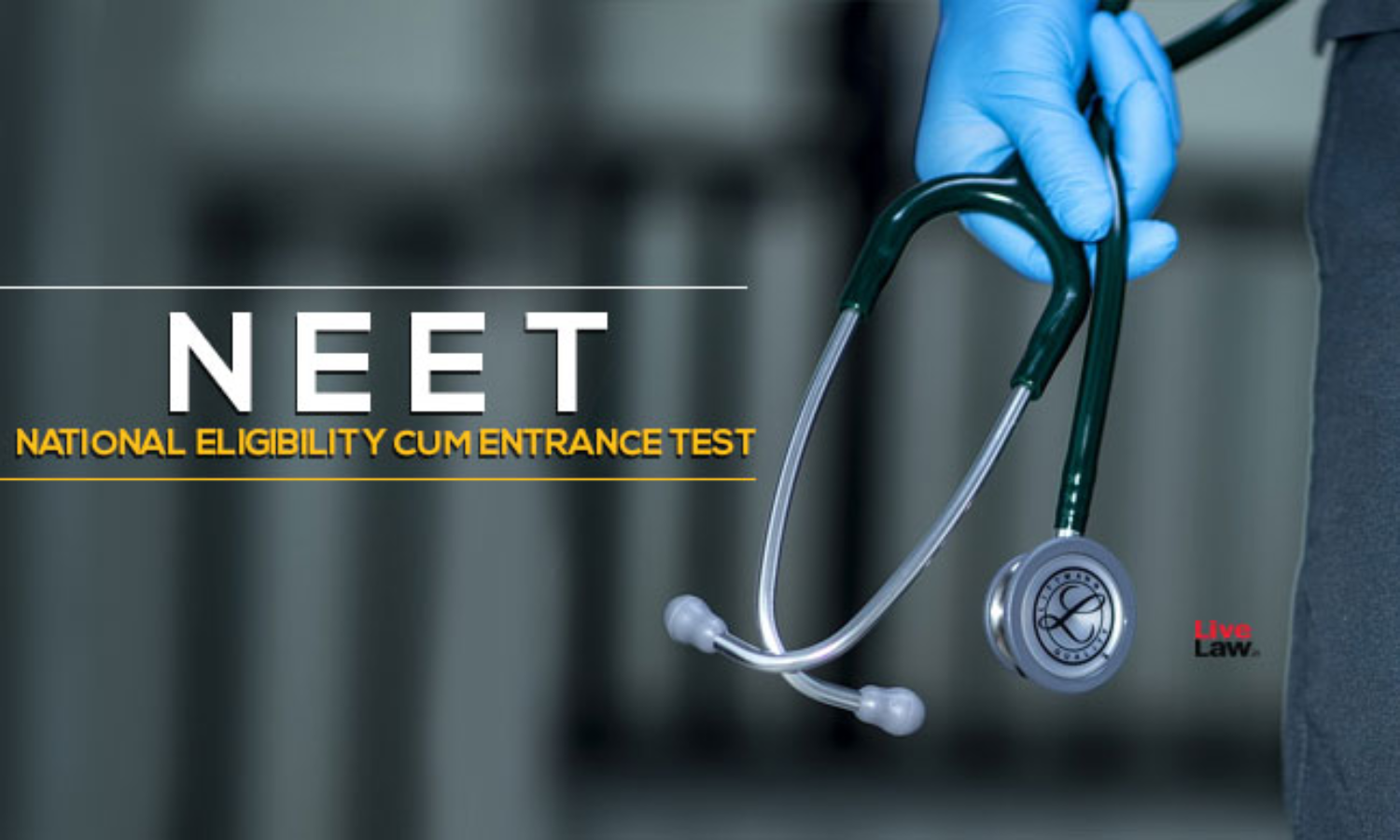
Navigating the NEET: Your Ultimate Guide to Success
Mon, 04 Sep 2023
Write a public review